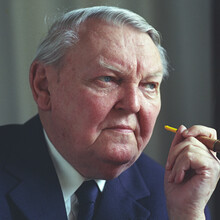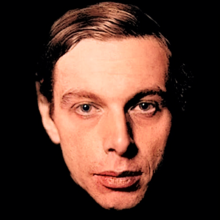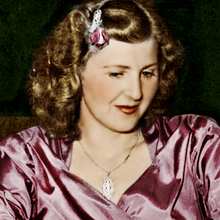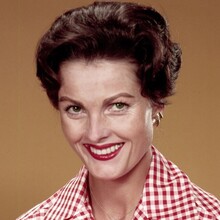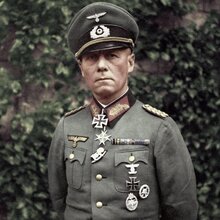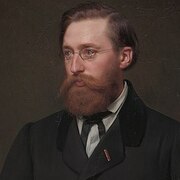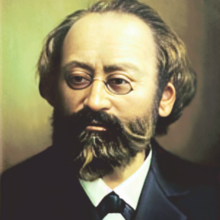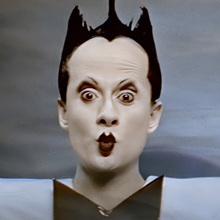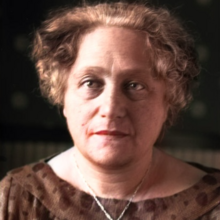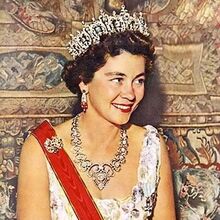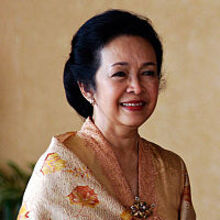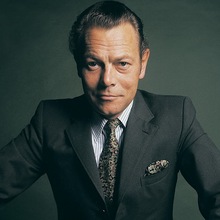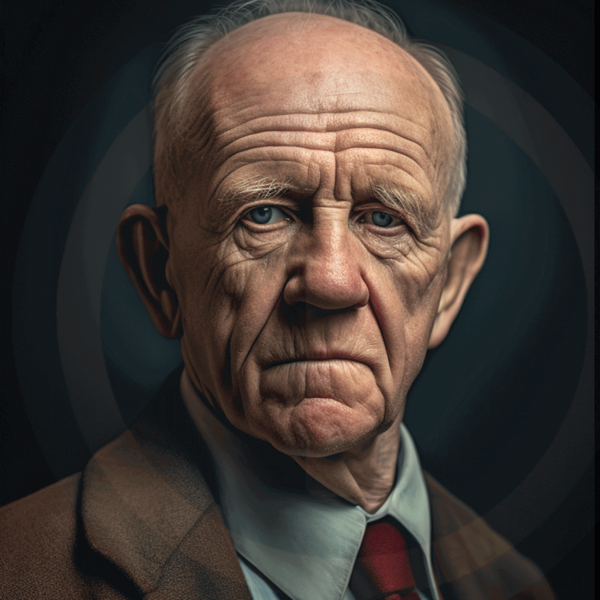
Personal
Other names:
Job / Known for:
Theoretical physicist and Nobel laureate
Left traces:
Quantum mechanics and uncertainty principle
Born
Date:
1901-12-05
Location:
DE
Würzburg, Kingdom of Bavaria, German Empire
Died
Date:
1976-02-01 (aged 75)
Resting place:
DE
Death Cause:
Gallbladder cancer
Family
Spouse:
Elisabeth Schumacher (1937–1976)
Children:
Maria, Wolfgang, Barbara, Christine, Jochen, Martin and Verena
Parent(s):
August Heisenberg and Anna Wecklein Heisenberg
QR Code:
 My QR code:
Werner Karl Heisenberg
https://DearGone.com/10829
My QR code:
Werner Karl Heisenberg
https://DearGone.com/10829
Key Ownner:
Not yet supported by key owner
Show More
Rank
Users ranking to :
Thanks, you rate star
Ranking
5.0
1
Fullname
Werner Karl Heisenberg
Slogan
Not only is the Universe stranger than we think, it is stranger than we can think
About me / Bio:
Show More
Article for Werner Karl Heisenberg
Died profile like Werner Karl Heisenberg
Comments:
